Real Time Tracking Myths
In the fast-moving world of fleet management and vehicle tracking, real time tracking myths has emerged as a defining factor for operational success....
GPS tracking, vehicle management, driver performance, and fleet operations strategies to keep your team running smoothly.
111 articles
In the fast-moving world of fleet management and vehicle tracking, real time tracking myths has emerged as a defining factor for operational success....
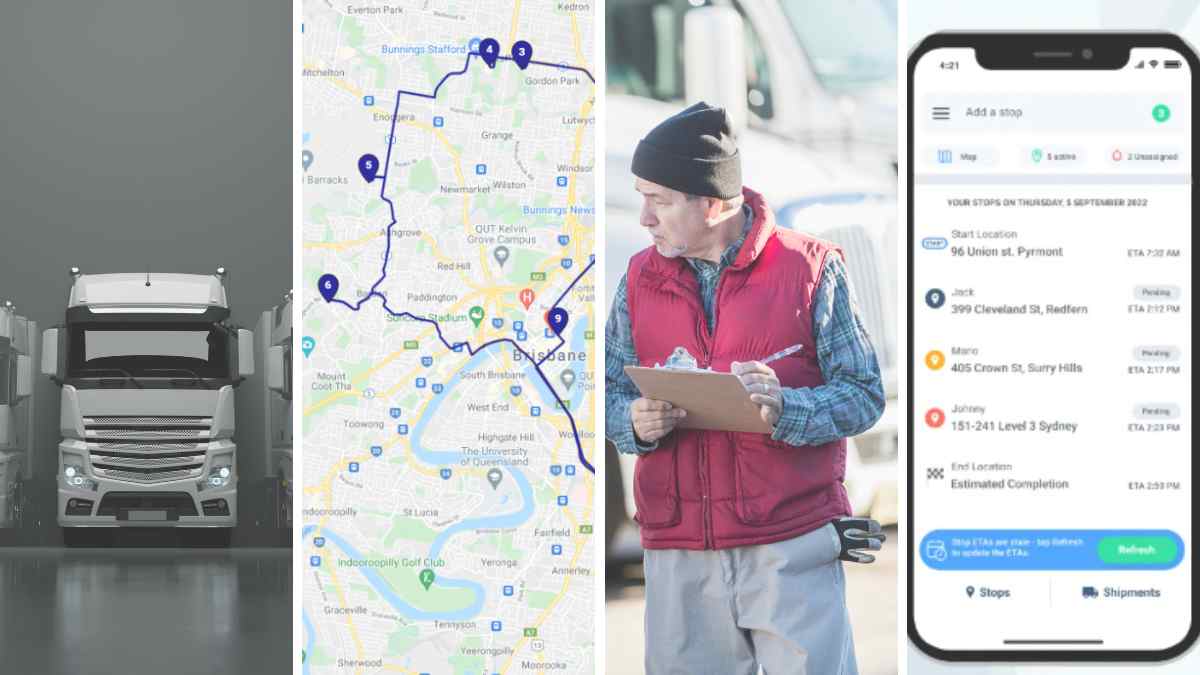
In the fast-moving world of fleet management and vehicle tracking, strategies for fleet management software has emerged as a defining factor for...
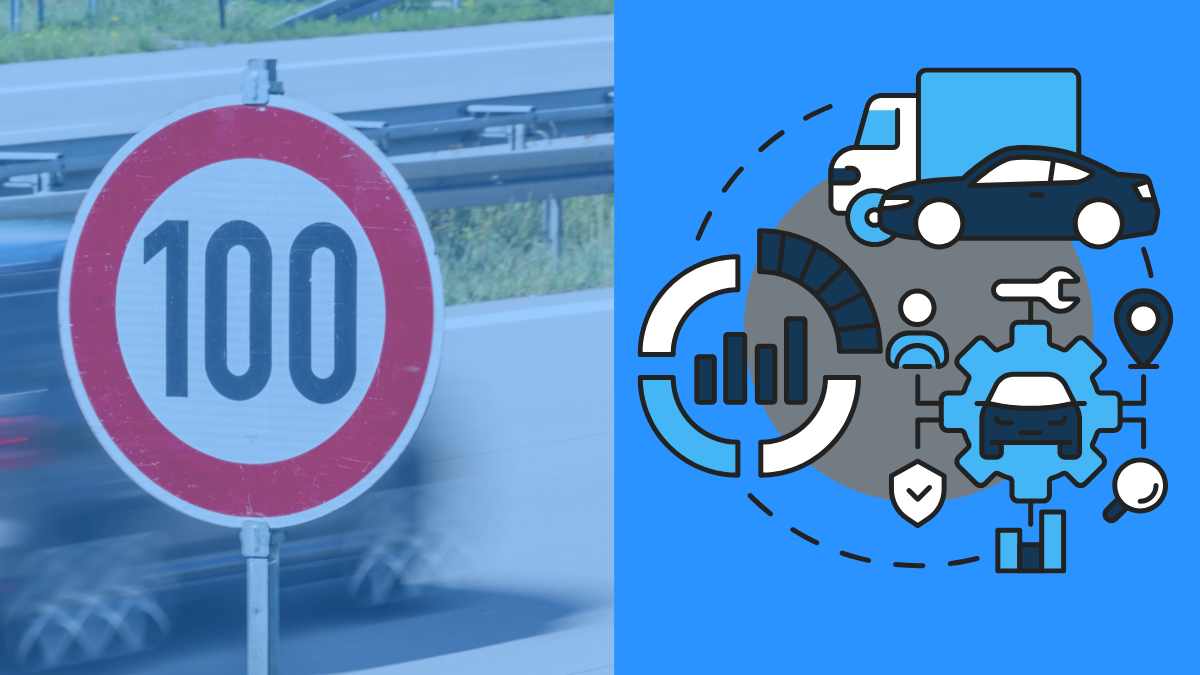
In the fast-moving world of fleet management and vehicle tracking, 5 ways fleet management software can boost fuel efficiency has emerged as a defining...
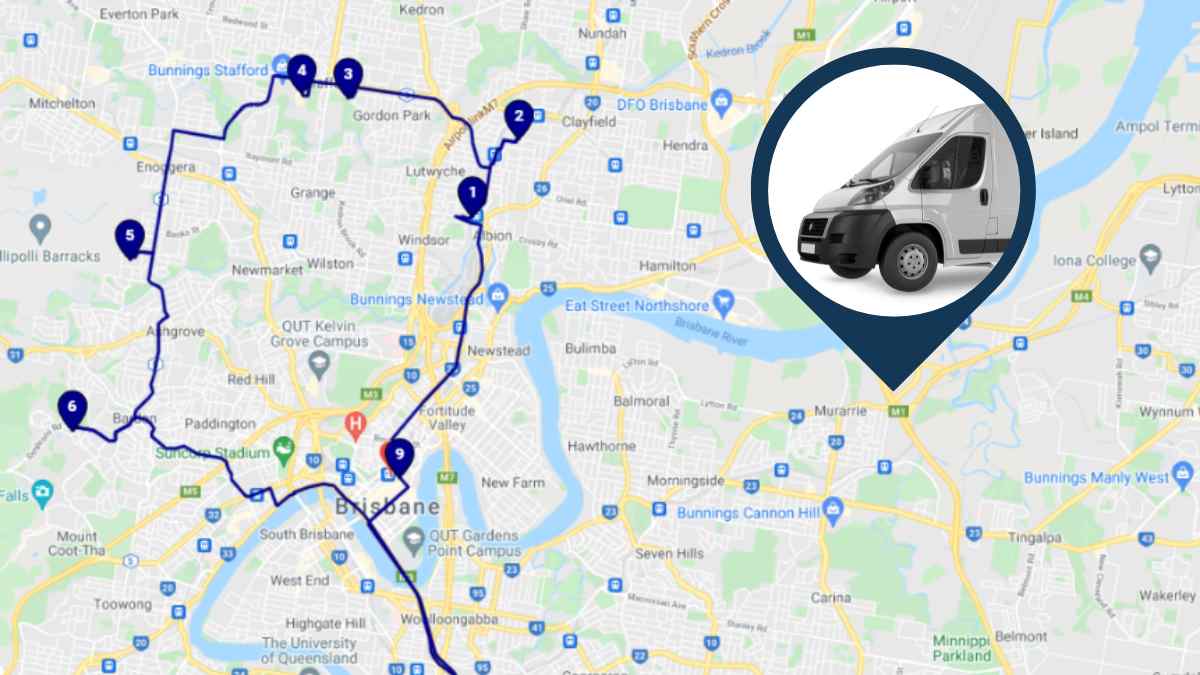
In the fast-moving world of fleet management and vehicle tracking, fleet management features has emerged as a defining factor for operational success....
Gps Tracking Software and why Does My Business Need It has become a critical consideration for fleet management and vehicle tracking professionals in...
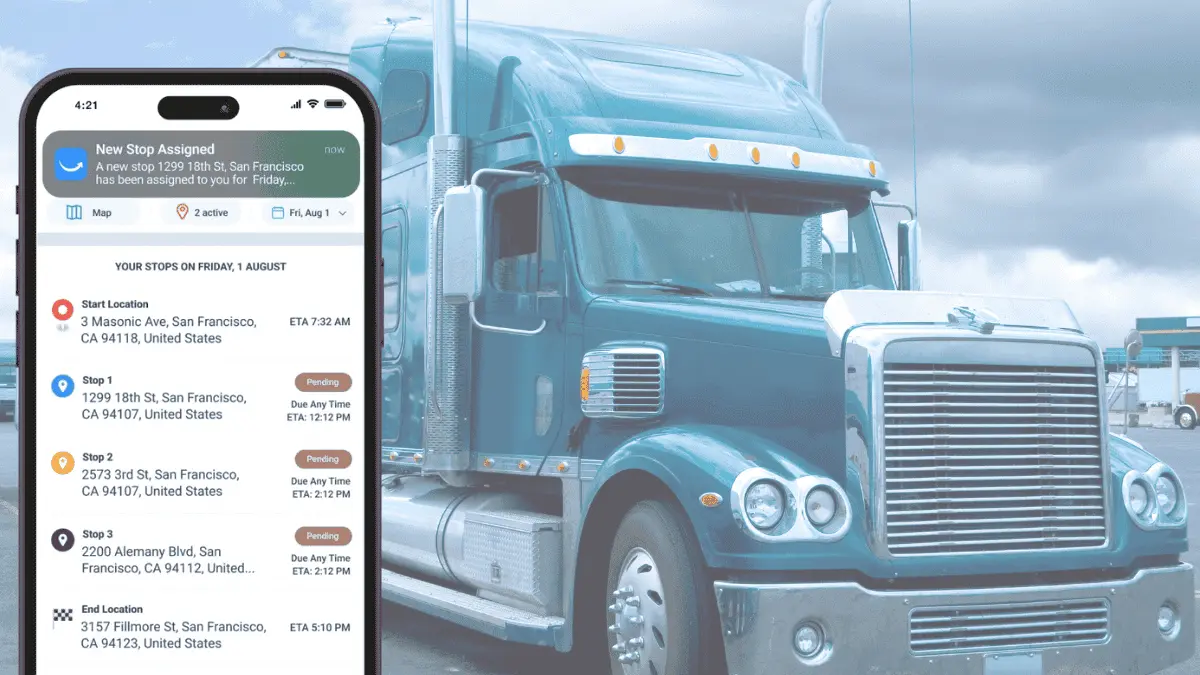
Fleet Management Software has become a critical consideration for fleet management and vehicle tracking professionals in 2026. As businesses face mounting...
In the fast-moving world of fleet management and vehicle tracking, real time tracking out for delivery isnt good enough anymore has emerged as a defining...
For safety officers grappling with driver safety, finding a practical, proven approach is essential. The landscape of fleet management and vehicle...
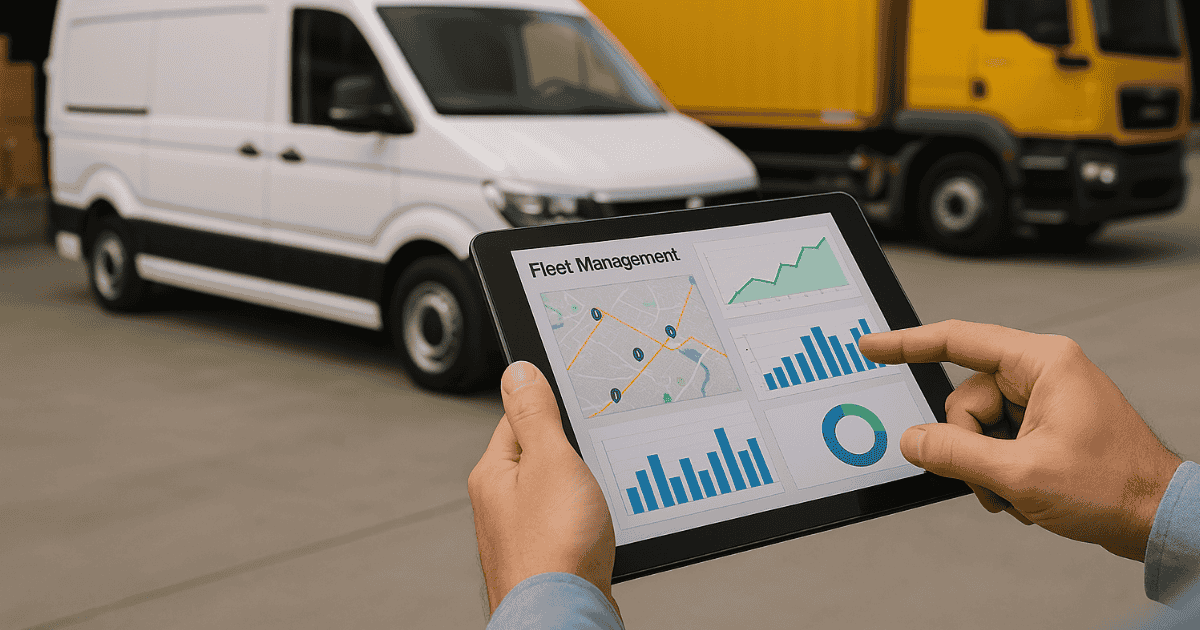
For maintenance teams grappling with driver safety, finding a practical, proven approach is essential. The landscape of fleet management and vehicle...
In the fast-moving world of fleet management and vehicle tracking, do customers really care about real time tracking has emerged as a defining factor for...
In the fast-moving world of fleet management and vehicle tracking, real time tracking 10 common mistakes that drive customers crazy has emerged as a...
In the fast-moving world of fleet management and vehicle tracking, real time tracking why customers expect it as standard has emerged as a defining factor...